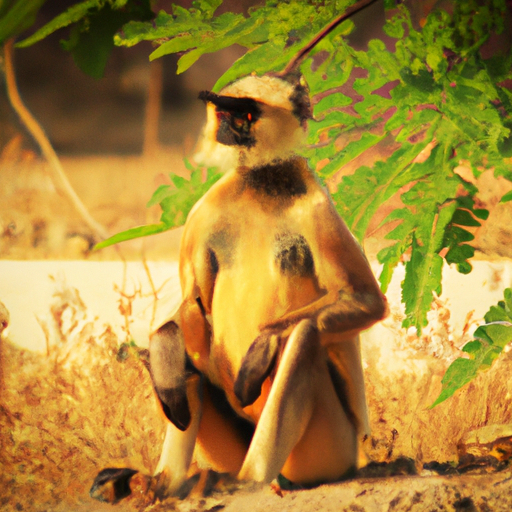 Introduction:
Introduction:
The intricate relationship between humans and animals dates back to prehistoric times. Over the centuries, this association has grown stronger, evolving into a mutually beneficial bond that transcends mere coexistence. While humans undoubtedly depend on animals for various purposes, it is equally important to acknowledge the myriad ways in which animals benefit from our presence. This article aims to explore the extensive and detailed aspects of how animals benefit from humans across different realms, including companionship, medical advancements, conservation efforts, scientific research, agriculture, and animal welfare.
Companionship:
One of the most apparent ways animals benefit from humans is through companionship. Domesticated animals, particularly dogs and cats, have been loyal companions to humans for thousands of years. These animals provide emotional support, reduce stress, and improve mental health. Moreover, the human-animal bond offers a sense of purpose and responsibility, as caring for animals instills empathy and compassion.
Medical Advancements:
Animals have played an instrumental role in the advancement of medical research and treatments. Laboratory animals, such as mice, rats, and primates, have been vital in understanding diseases, developing vaccines, and testing new medications. Animals’ physiological similarities to humans allow scientists to gain essential insights into various medical conditions, including cancer, heart diseases, and neurological disorders. Consequently, these advancements have significantly improved both human and animal healthcare outcomes.
Conservation Efforts:
Humans have been actively involved in conservation efforts aimed at preserving endangered species and their habitats. Through initiatives like national parks, wildlife reserves, and conservation organizations, humans work to protect and restore ecosystems and prevent the extinction of vulnerable species. Conservation efforts also involve breeding programs, where animals are bred in captivity and later reintroduced into the wild, ensuring the survival of endangered populations.
Scientific Research:
Animals are integral to scientific research, enabling scientists to unravel complex biological processes, behavior patterns, and ecological interactions. Studying animals in their natural habitats or controlled environments helps scientists understand the intricate workings of ecosystems and provides insights into evolutionary processes. Such knowledge is crucial for managing and preserving biodiversity.
Agriculture:
Animals play a vital role in agriculture, providing various essential resources. Livestock, including cows, pigs, and chickens, offer meat, dairy products, eggs, and fibers like wool. Additionally, animals are used for transportation, plowing fields, and as service animals in farming communities. These animals contribute to food security and livelihoods, supporting human populations worldwide.
Animal Welfare:
While humans have often been responsible for causing harm to animals, there is a growing awareness and concerted effort to improve animal welfare. Laws and regulations are being enacted to protect animals from cruelty, ensuring they receive proper care, nutrition, and shelter. Organizations dedicated to animal welfare work tirelessly to rescue and rehabilitate animals from abusive situations, providing them with a chance at a better life.
Conclusion:
The relationship between humans and animals is multi-dimensional, extending beyond mere exploitation. Animals benefit from humans in numerous ways, including companionship, medical research, conservation efforts, scientific understanding, agriculture, and improved animal welfare. This intricate interplay underscores the significance of responsible stewardship, as humans have the power to positively impact the lives of countless animals. Recognizing and nurturing this symbiotic relationship can pave the way for a harmonious coexistence, where both humans and animals thrive.
